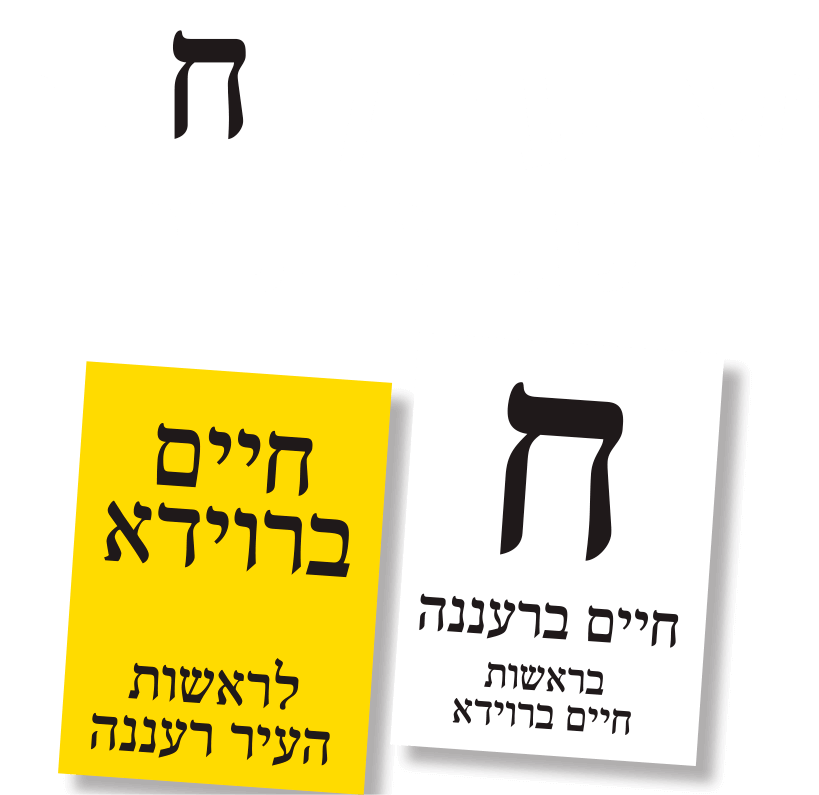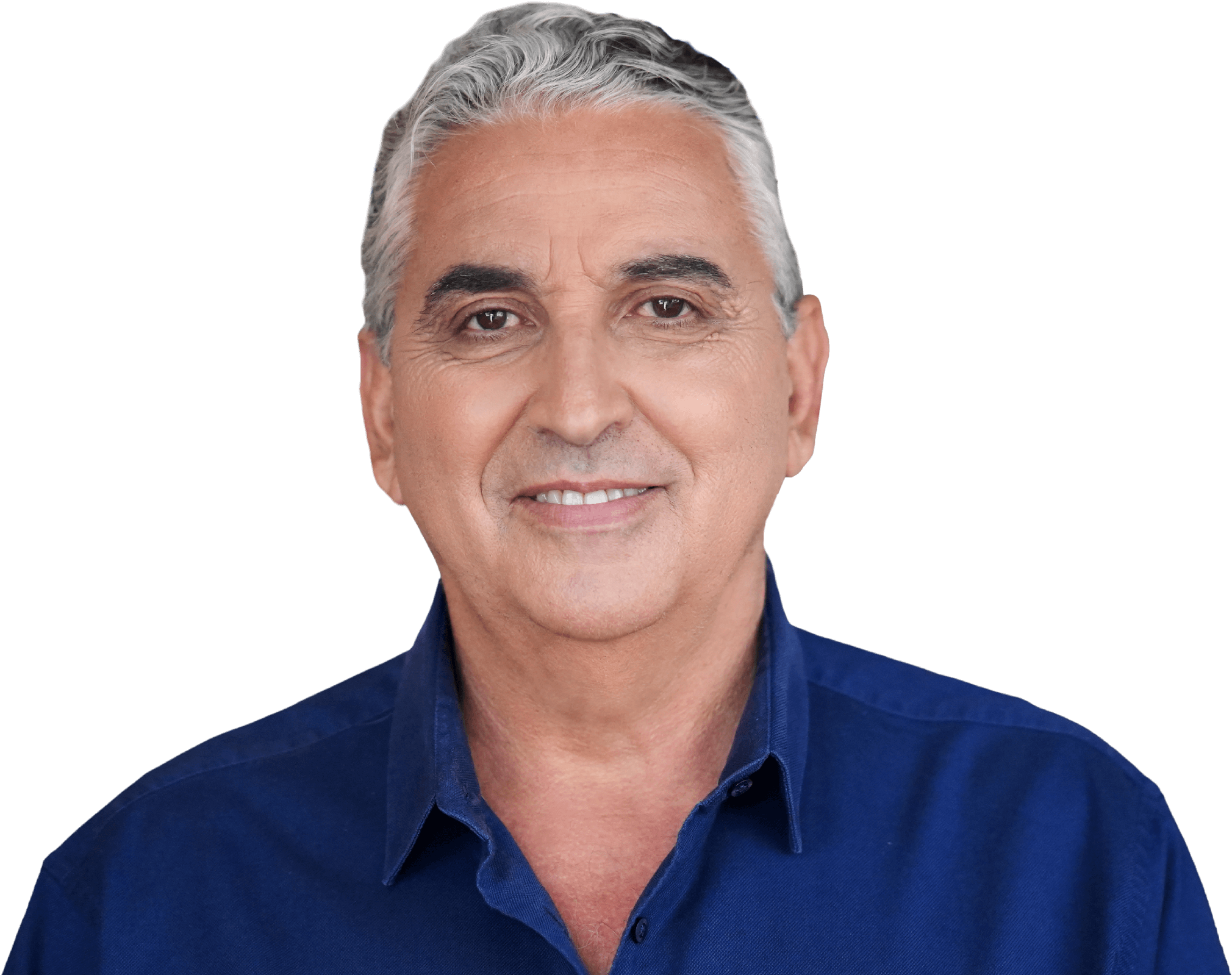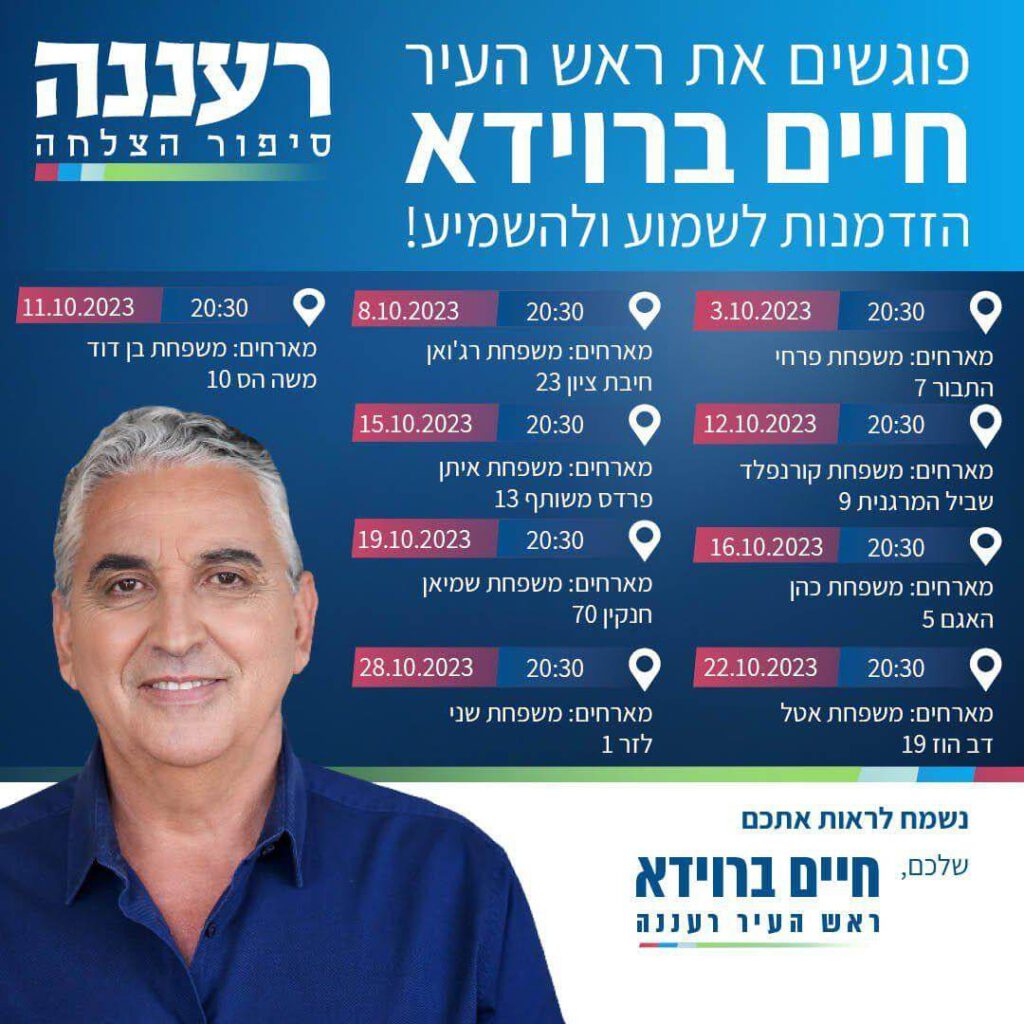My story
#רק_התחלנו
#רק_התחלנו
Chaim Broyde, aged 66, husband of Doris, father to three sons named Ben, Atar and Liad and grandfather to two grandchildren. Born and raised in Raanana, Chaim’s roots are connected to his parents, Zalman and Hana, who were Holocaust survivors from Lithuania. They immigrated to Israel in 1948, arriving at the Hadera refugee camp (Ma’abara) before settling in Ra’anana. Chaim’s educational journey took place in Ra’anana, where he completed his studies at the “Maged” state school and earned a BA degree in business management.
Military Service
The World of Media and Press
In 1979, after completing his mandatory service in the IDF, Broyde embarked on a career in journalism and joined the ranks of young journalists at the newspaper “Yediot Ahronot.” By 1996, he had risen to the position of chief reporter at “Yediot Ahronot.” Alongside his journalism work, he actively participated in the management of the National Union of Israeli Journalists and served as the vice-chairman of the Tel Aviv Journalists’ Union. Broyde’s journalistic contributions were recognized in 1992 when he received the Journalists’ Union and the Israel Rotary Organization award, which honored “a journalist whose writing significantly contributed to and led the news system during FM 100’s service to society and the community.” During the mid-1990s, Broyde played a pivotal role as part of the founding team of Radio Radius, where he was involved in broadcasting news flashes and current affairs programs for a period of three years.
Public Service
Between 2003 and 2008, as well as from 2013 to 2018, Broyde served as the opposition chairman in the Ra’anana City Council. In the October 2018 elections, he was elected as the mayor. Broyde stands out as the very first among the seven previous heads of the council and mayors, all spanning Ra’anana’s 101-year history, to have been born and raised in the city. Broyde was an active member of the Ha’avoda Party, a decision influenced by his friend Major General Danny Yatom. He made significant contributions as the manager of the Sharon district in electoral matters during Amir Perez’s leadership in the party.

My vision
#רק_התחלנו
#רק_התחלנו
Ra’anana is our home
Ra’anana is our memories
Ra’anana is a place of the present
Ra‘anana is the place where dreams become a reality
My vision, once a dream, has now become a reality.
Today, Ra’anana stands apart from other cities in Israel. It reflects the aspirations shared by every Israeli citizen: to build a home and provide an education for their children. A city with a rich history, a success story that has become a bestseller in its own right. Ra’anana’s force is widely recognized, underpinned by the exceptional standards we’ve set over the past five years. The city receives high marks for its superior management level, innovative initiatives across core areas including education, infrastructure, quality of life, culture, sports, personal security, cleanliness, and environmental quality. Our ambitious plans for the future include the establishment of an economic company, the development of trade and employment zones, affordable housing for young couples, and further enhancements to our physical infrastructure.Our Successes
#רק_התחלנו

We have established five schools and built 30 kindergartens. We are currently planning an additional six schools.
We have achieved a matriculation eligibility rate exceeding 90%, marking an 8% increase.
Ra’anana has been granted the District Education Award.
We have invested NIS 150 million in enhancing all city schools
We have introduced Montessori education, along with the opening of a music public garden.

We established a permanent branch for all the youth movements in the city.
We awarded scholarships of NIS 10,000 to each student in exchange for community volunteering.
We created a new pedestrian street called “The Market Square.”
We constructed and inaugurated the most advanced music center in Israel on Etzion Street.
We celebrated with events such as “Bell Ringing”, the “Light Festival”, and the “Beer Festival."

We established a multipurpose stadium for both baseball and soccer in the heart of the park, along with a substantial sports hall in Neve Zemer.
We have laid down 12 kilometers of bicycle paths, with dozens more in the planning stages.
We have improved and developed fitness, ninja, and sports complexes suitable for all age groups across the city.
We have replaced the synthetic grass on the soccer fields in the park and provided shading for the open sports fields.
We brought back the Israeli tennis championship to Ra’anana.

For the first time in Israel, the municipality purchased at a subsidized price defibrillators available to residents, and installed them in condominiums.
We pioneered the establishment of a unit in Israel to address loneliness and introduced a system to identify and support lonely individuals using water clock control.
We created a new unit dedicated to preventing violence, substance abuse, and alcohol use among teenagers, and initiated a program aimed at preventing suicide.

We conducted a comprehensive renovation of the Ahuza Street center, which included new flooring, vegetation, and improved lighting.
We added 1,000 new parking spaces throughout the city.
We installed charging stations for electric vehicles and established bicycle maintenance stations.
Ra'anana is leading the way as a smart city in Israel with 45 kilometers of city-owned optical fiber infrastructure.

We have enhanced dozens of playgrounds, including the addition of shading and comprehensive renovations.
We created a new urban park in the eastern part of the city, with a barbecue complex.
We planted over 10,000 trees across the city.
We installed 2,000 orange bins to encourage waste separation initiatives.
We renewed the Ra'anana Park area, installing trampoline facilities, a pump track for bicycles, meeting and leisure spaces, and an entertainment kiosk.

We installed 650 remotely controlled security and safety cameras, integrating them with traffic light control, traffic and transportation sensors, flood sensors, and analytics.
We replaced all 12,000 old lighting fixtures in the city with energy-efficient LED lighting, including those in sports fields, resulting in annual savings of approximately NIS 3 million.
We expanded the security wing with 20 patrols, reinstated the parents' patrol, and bolstered the volunteer system.
We witnessed a significant decrease in property crimes. In response to a survey, 90% of the city's residents expressed high satisfaction with the level of personal security.

We constructed the Shimon Peres bypass road.
We approved the establishment of a young neighborhood in the western part of the city, comprising 5,500 housing units. Our aim is to keep children close to us.
We significantly shortened the licensing and construction time in the engineering department, reducing it from 40 months to 20 months.
There are currently over 1,700 3-room housing units under construction and in the planning stages. This has brought a fresh vitality to Ra'anana, with a positive influx of young couples.
We were ranked first in the country for the construction of large-scale projects in industrial areas.

We opened urban WhatsApp groups based on fields of interest and activity, enabling numerous in-person and digital public collaborations.
We initiated a home service project.
We introduced a CRM system for digital management at the municipal center.
Leveraging the city's purchasing power during the COVID-19 pandemic, we acquired hundreds of computers for senior citizens.
